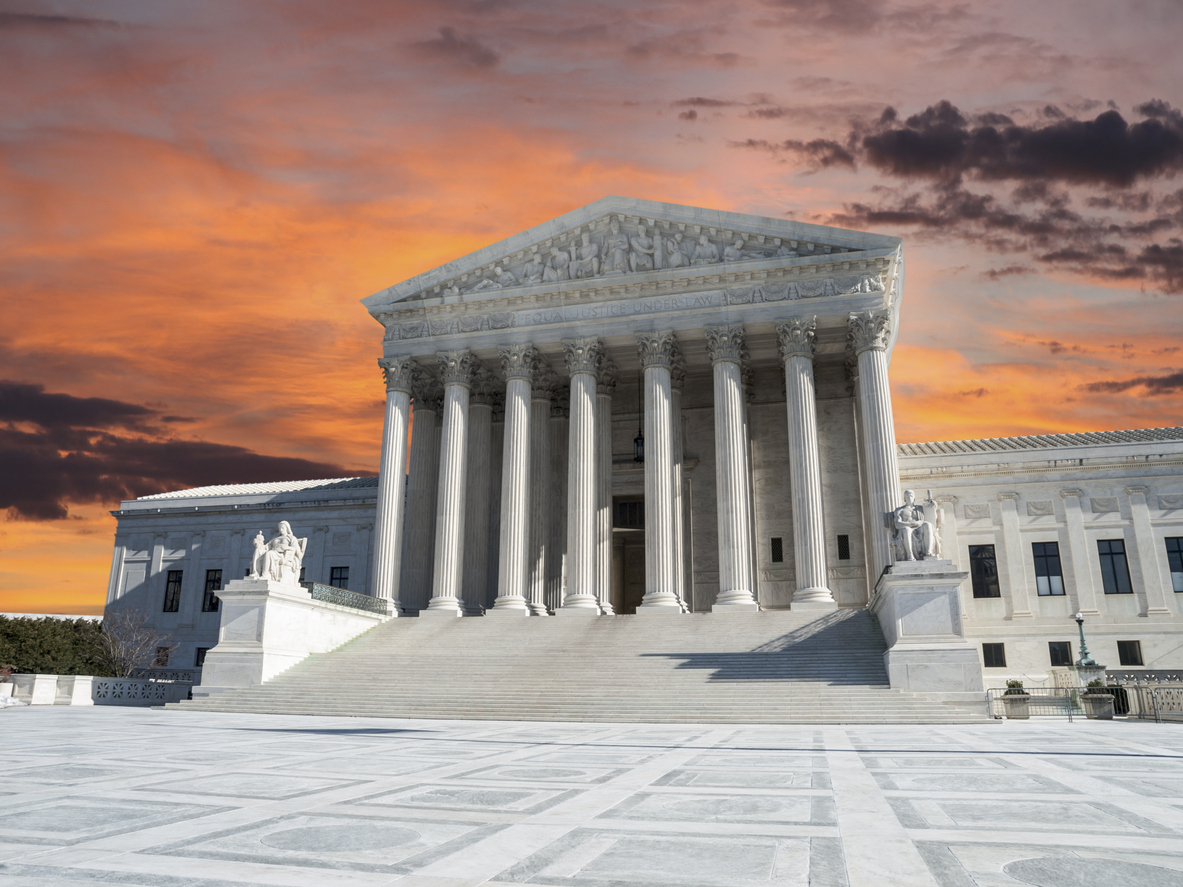The Fifth Amendment to the U.S. Constitution includes the “Self-Incrimination Clause.” The Self-Incrimination Clause states that no one “shall be compelled … be a witness against himself[.]”
It means that the government can’t force you to confess to a crime — regardless of whether you committed it.
The U.S. Supreme Court recognizes that the right against self-incrimination is important. The Court set forth those procedures in a case called Miranda v. Arizona. You might know them as “Miranda warnings.”

What are the four Miranda warnings police must give?
In Miranda v. Arizona, the Supreme Court ruled that police must give four warnings before questioning someone in custody.
First, police must tell the person “that he has the right to remain silent.”
Second, police must tell the person “that anything said can and will be used against the individual in court.”
Third, police must tell the person “that he has the right to consult with a lawyer and to have the lawyer with him during interrogation….”
Fourth, police must tell the person “that if he is indigent a lawyer will be appointed to represent him.”
What happens if you exercise your rights under Miranda?
The Supreme Court also made it clear what happens if police violate your Miranda rights. Specifically, if the person says “he wishes to remain silent,” the Court said, “the interrogation must cease.”
And, “[i]f the individual states that he wants an attorney,” the Court said, the interrogation must cease until an attorney is present.”
It is only “[a]fter such warnings have been given” that someone can waive their rights and agree to answer questions.
“But unless and until such warnings and waiver are demonstrated by the prosecution at trial,” the Court said, “no evidence obtained as a result of interrogating can be used against him.”

The Takeaway:
Miranda warnings are the rights police must read you before asking you questions in custody.
Police must tell you that you have the right to remain silent and to a lawyer. If you can’t afford a lawyer, the government will appoint one for you. And, if you say something to police, the government can use it against you.
But if police don’t give you these warnings, prosecutors can’t use what you say against you.






